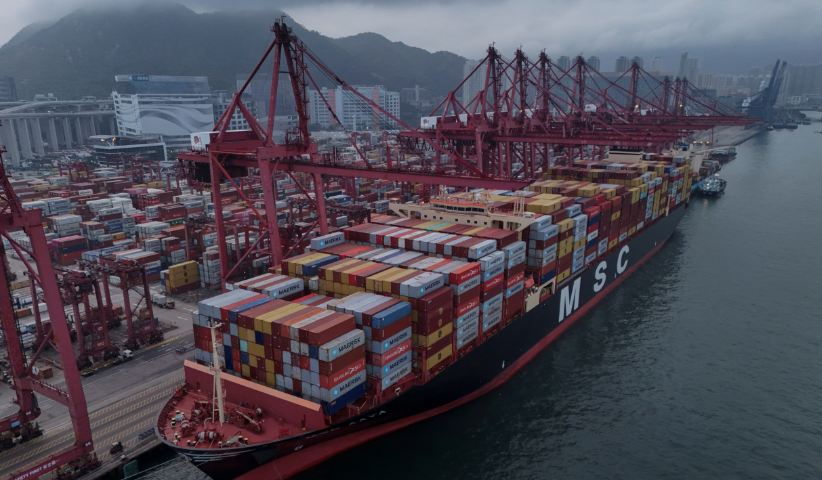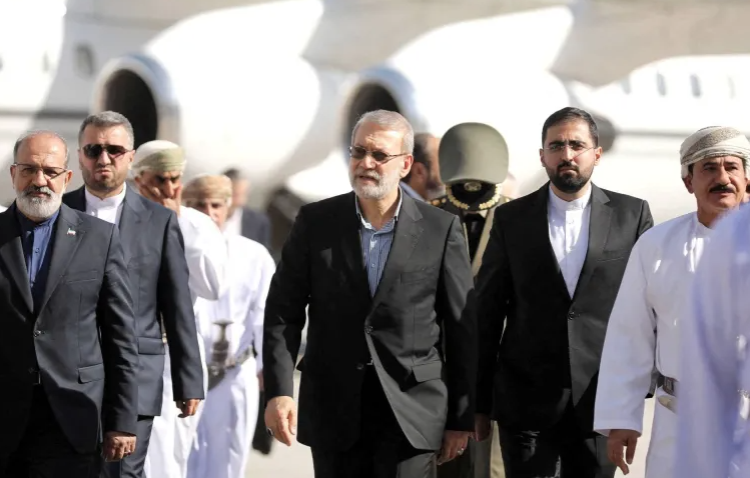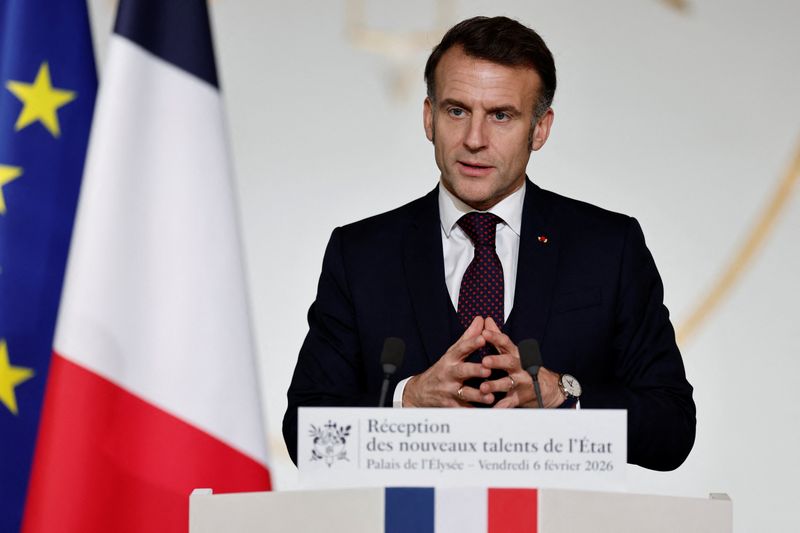WORLD NEWS

China has begun exempting some U.S. imports from its 125% tariffs, signaling a potential softening in the ongoing trade war between the world's two largest economies. This move, confirmed by businesses notified of the tariff relief, highlights Beijing's growing concern over the economic fallout from the trade conflict.
The Chinese government's decision follows de-escalatory statements from Washington and reflects a mutual desire to temper the economic strain. U.S. President Donald Trump confirmed that trade talks were ongoing, revealing that Chinese President Xi Jinping had reached out to him directly, though Beijing has yet to publicly acknowledge this communication.
The exemption process, which could extend to a wide range of industries, is seen by many as a gesture of goodwill and a potential first step toward de-escalating tensions. Alfredo Montufar-Helu, a senior adviser at the Conference Board's China Center, remarked, "This could provide a potential way to de-escalate tensions, but neither the U.S. nor China is eager to make the first move toward a full agreement."
The tariff exemptions could offer significant cost relief to companies operating in China, particularly in sectors such as pharmaceuticals, aerospace, and petrochemicals. For example, American pharmaceutical companies have reported the ability to import drugs into China without tariffs, a move that could benefit both sides. Safran, a French aircraft engine maker, also announced that China had granted tariff exemptions for key aerospace components, including engines and landing gear.
The U.S. dollar saw a slight uptick following the news, and equity markets in Hong Kong and Japan experienced positive movement. However, European shares and U.S. stock futures remained relatively stable, showing mixed reactions to the ongoing developments.
In addition to the tariff exemptions, China's Politburo emphasized efforts to maintain stability within the country, particularly for businesses and workers most impacted by the tariffs. The Chinese government is also actively collecting lists of items that could be exempted from the tariffs and has asked companies to submit requests for consideration.
Despite these moves, the trade war remains far from over. Both nations are still grappling with economic challenges, including rising unemployment and deflationary pressures in China. The U.S. has also shown signs of wanting to reach a deal, but China has made it clear that it will continue to fight until the U.S. lifts its 145% tariffs.
In the meantime, the Chinese Ministry of Commerce continues to engage with international businesses and trade groups to understand the full impact of U.S. tariffs and how to best mitigate the damage. Companies in various industries, from pharmaceuticals to petrochemicals, are hopeful that the exemption process will expand, offering relief from the ongoing trade pressure.
With trade relations between the U.S. and China continuing to evolve, the world will be watching closely to see whether these tariff exemptions mark the beginning of a broader effort to resolve the trade conflict or if the economic battle between the two superpowers will persist.




